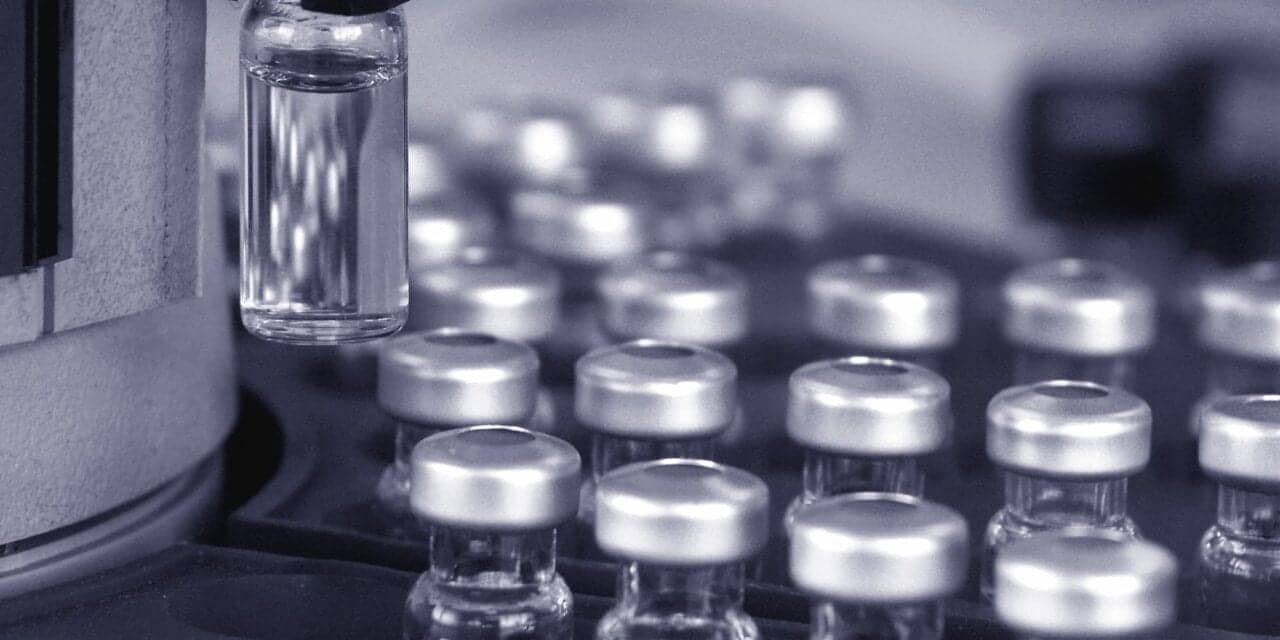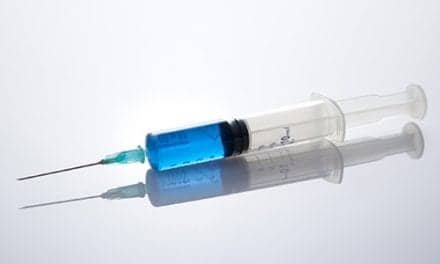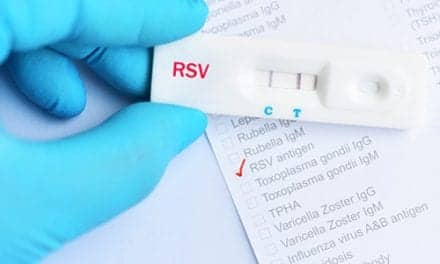The first participants have been dosed in an open-label trial of Akston Biosciences Corp’s AKS-452 COVID-19 vaccine candidate, according to the company. The trial is managed by Tracer Europe BV, a CRO specializing in fast-track clinical trials, and is being conducted at the University Medical Center Groningen (UMCG), one of the largest hospitals in the Netherlands. It will test both one- and two-dose regimens, each at three-dose levels.
AKS-452 has demonstrated robust protection against infection in immunized non-human primates after challenge with the SARS-CoV-2 virus. Although intended to be refrigerated for long-term storage, it has been shown to be shelf-stable for at least 4 months at 77°F and maintains its potency for 1 month at 95°F. The candidate does not include a live or weakened form of the virus, and has been engineered to use standard, low-cost, antibody manufacturing techniques, such that a single 2,000-liter production line could be capable of producing over one billion doses per year.
The Phase I/II clinical trial, an open-label study, will evaluate 176 healthy volunteers between the ages of 18 and 65. Participants will receive one dose or two doses 28 days apart and the protocol will assess three-dose levels (22.5, 45, and 90 micrograms) to determine safety, tolerability, and immune response.
Based on Akston’s proprietary Fc fusion protein platform, AKS-452 is a CoV-2 subunit vaccine designed to induce or boost a Th1/Th2 mixed immune response in patients against the Receptor Binding Domain (RBD) of the novel coronavirus spike protein. The Fc moiety aids in delivering the vaccine to antigen-presenting cells via binding to the Fc-γ receptor, and subsequent antigen processing and presentation to CD4+ T-cells. Directing the immune system against the RBD instead of the entire spike protein may be the most efficient way to prevent viral attachment and infection with minimal side effects. Furthermore, being the primary locus for infection, the RBD is highly conserved among mutated forms of the virus, and preclinical studies of AKS-452 have demonstrated robust antibody neutralization of the B.1.1.7 and B.1.351 variants.
“This is an important milestone in meeting the worldwide need for a next-generation vaccine against the SARS-CoV2 virus, one that is stable for months at ambient temperatures and can be quickly manufactured at very large scale,” said Todd Zion, Ph.D., President & CEO of Akston Biosciences. “If proven safe and efficacious, AKS-452 promises to become an affordable and easily transportable vaccine that can speed the goal of achieving herd immunity, considering 93% of the world still has not been vaccinated. We believe that this is a vaccine for everywhere and everyone in the world.”










